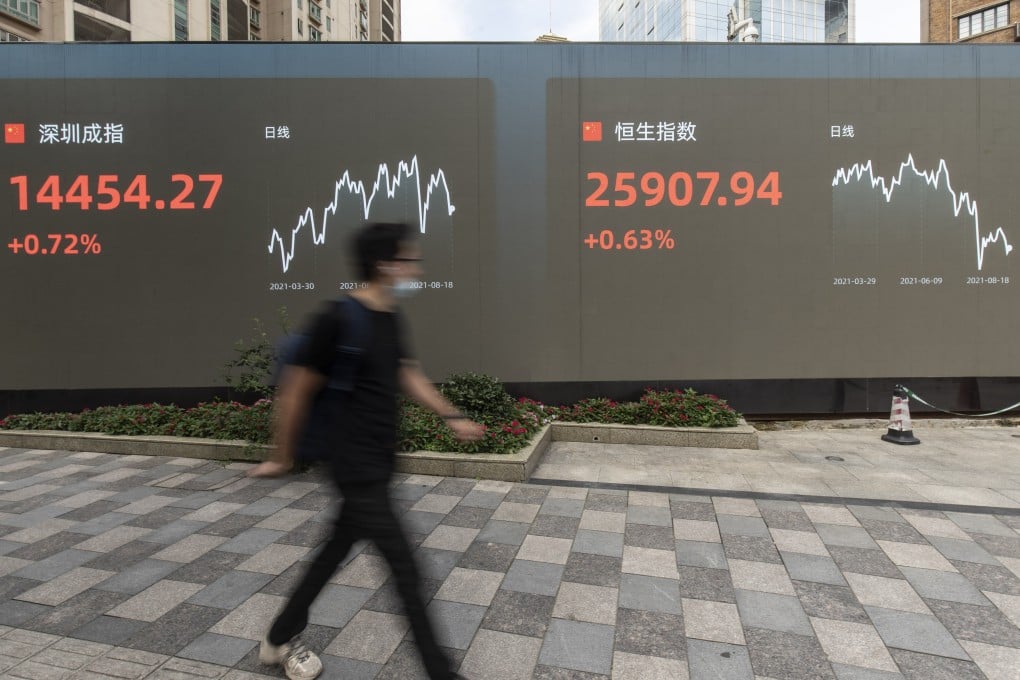New Beijing Stock Exchange could be the financial lifeline China’s small companies are crying out for, analysts say
- New exchange would further policy goals of reducing debt levels and creating more mature capital market structure
- Start-ups and SMEs have struggled to secure financing from China’s bank-dominated financial system

The Beijing Stock Exchange would carve out a group of innovative small companies currently trading on the National Equities Exchange and Quotations (NEEQ) board for listing on the bourse as part of the government’s efforts to reform the NEEQ, which has struggled to attract liquidity since its founding in 2013.
“Banks are reluctant to lend to these companies, which have no track record or assets. A new capital market for them to raise money would be a solution,” said Jeffrey Chan Lap-tak, a founding partner of Oriental Patron Financial Group, a Hong Kong-based financial firm. “If it works well, it would help SMEs to tap funds from the capital markets to raise funds. In a sense, this is part of the game to achieve China’s goal to have ‘common prosperity’, to have more people to create wealth from the capital market.”

08:22
Former HKEX chief unveils new foreign investment platform to finance Chinese small businesses